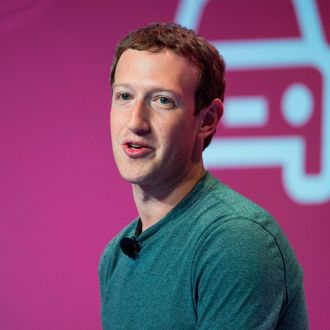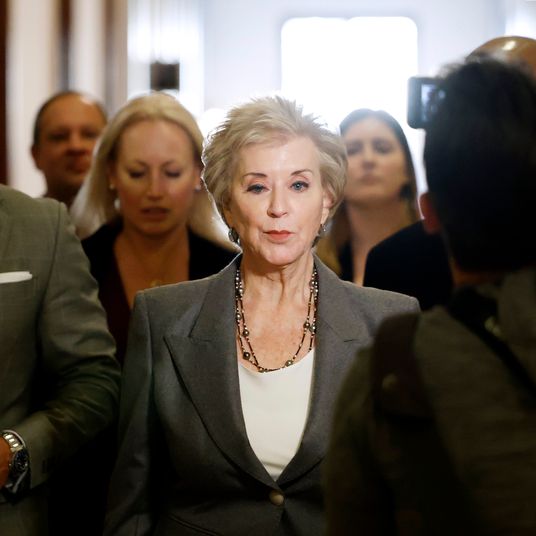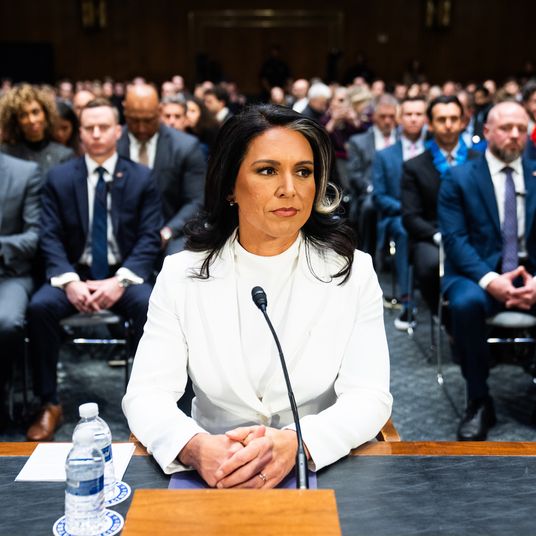
Speaking at the Mobile World Congress in Barcelona Monday, Mark Zuckerberg laid out his prospectus on the future of the internet, and, wowee zowee, it looks like it’s gonna be video.
He said, as conveyed by Re/code:
“Most of the content ten years ago was text, and then photos, and now it’s quickly becoming videos. I just think that we’re going to be in a world a few years from now where the vast majority of the content that people consume online will be video.”
What’s not mentioned is that Zuckerberg’s own company, the Facebook Dot Com, is the web’s most substantial governing body when it comes to ebbs and flows in medium popularity. Video is becoming more popular on the web because the News Feed algorithm is currently weighted toward video uploaded to Facebook (because, in turn, Facebook believes it can make more money by serving up more video and increasing user-engagement time). And the News Feed is the funnel through which millions of people experience the web.
What we end up with is a chicken-or-egg conundrum. In an effort to compete with YouTube, Facebook began heavily favoring its own video platform in the News Feed. People will then begin to upload more videos as they realize that that would garner more attention. Mark Zuckerberg then gets onstage and says, “You know? [long pause] I think video is gonna be popular.” Rinse and repeat.
According to Zuckerberg, text was popular ten years ago, but it’s slipping. He could right that ship if he so chose. It’s entirely possible that text will become a preferred medium again, coincidentally right as Facebook becomes a text-distribution platform via Instant Articles.
Zuckerberg also addressed a video trend that we noted last month in a piece on livestreaming aesthetics. Specifically, the decreasing need for a cohesive, well-coordinated presentation style as live video comes to the fore.
“In 2016, if you’re sharing a photo you want it to be a good photo. What is really powerful about messaging platforms … and live video now, too, is it gives people more intimate environments and more raw environments where you have a reason to just be yourself. It doesn’t need to feel like it’s super curated.”
So there you have it, straight from the horse’s mouth: Video is the next big thing on the web … until Facebook decides it isn’t.





























